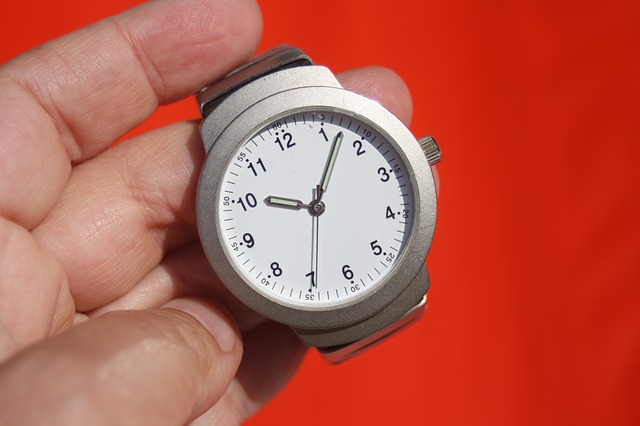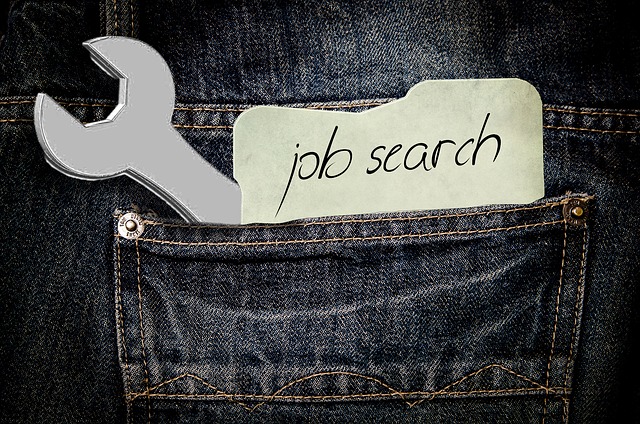The rise of social media made it possible for large-scale and independent retailers to showcase their products. Fueled by the inspirations from the makeup gurus and beauty bloggers, Singaporeans have been seeking the latest trends in cosmetics. Spotlight is focused on Glossier products now. However, I am a dedicated MAC enthusiast.
I am drawn to the quality and formula of MAC lipsticks. My fondness for lipsticks, in general, has led me to the discovery of the possible areas to shop in Singapore. Said areas include online shops.
On that note, here are three websites that feature some affordable and quality cosmetics.
#1: THE ALL-AROUND AGENT
Numero uno on this list is the one-stop shop called Zalora Singapore. From luxurious beauty items to affordable classics, Zalora will keep your eyes busy as you scroll down the options. People hunting for the hottest Korean labels can spot the likes of Dr. Young and Acwell as well as the cult favorites such as Maybelline and Inglot. Without a doubt, you will be overwhelmed with the number of brands that you can stumble upon here.
Spotlight Product: Dr. Young Travel Kit (S$18.90)
Shop at: zalora.sg
#2: THE REGIONAL STAR
The second spot belongs to Sasa, which focuses on the prowess of regional beauty products. By regional, I am referring to the proximity of the countries in which these products are made from (e.g., from Korea and Taiwan). This HK-based chain is the go-to drugstore of many Singaporeans on beauty hunt. Expect character lashes, Japanese mascara, as well as inexpensive eyelid glues here. One thing is for sure…these beauty products are tailored to the Asian’s skin.
Spotlight Product: Kose Deep Cleansing Oil (US$6.80 or about S$9.30)
Shop at: sg.sasa.com
#3: THE WESTERN FAVORITES
An avid fanatic of Western drugstore brands such as RIMMEL London and Revlon would find a safe haven in the makeup aisles of Watson’s. Personally, I prefer the latter as it provides lasting coverage for a variety of skin-tones. A beautiful face can only be complemented by a crowning glory. Combat the humidity by stocking up on the amazingly cheap Batiste dry shampoos.
Spotlight Product: RIMMEL Soft Colour Blush (S$9.90)
Shop at: watsons.com.sg

Image Credits: pixabay.com
Ladies, get your stash on! 🙂











